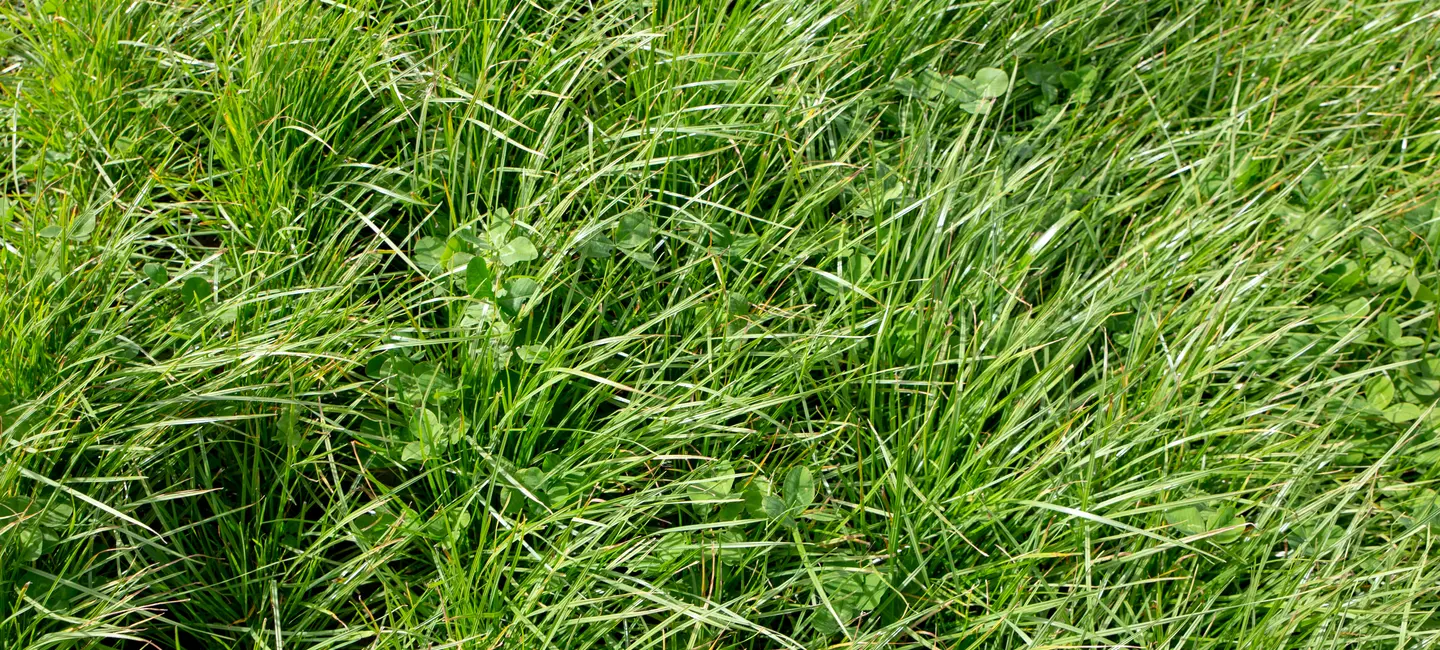
Rye grass is a plant. Pollen from rye grass is used to make medicine. A product made from rye grass pollen extract (Cernilton) is a registered pharmaceutical product in Western Europe, Japan, Korea, and Argentina.
Rye grass pollen extract is commonly used by mouth for prostate conditions such as benign prostatic hyperplasia (BPH), prostate pain, and ongoing swelling of the prostate.
Is It Effective?
NatMed Pro rates effectiveness based on scientific evidence according to the following scale: Effective, Likely Effective, Possibly Effective, Possibly Ineffective, Likely Ineffective, Ineffective, and Insufficient Evidence to Rate.
- Symptoms of an enlarged prostate (benign prostatic hyperplasia, BPH). Taking rye grass pollen extract (Cernilton) seems to improve symptoms of an enlarged prostate, but research is mixed about whether or not it actually affects the size of the prostate. It is not known if rye grass pollen extract works as well as prescription drugs such as finasteride (Proscar) or alpha-blockers. However, rye grass pollen does seem to work about as well as Pygeum and Paraprost, a Japanese prostate remedy containing L-glutamic acid, L-alanine, and aminoacetic acid.
- Shrinking an enlarged prostate, prostate swelling, and pain. Taking rye grass pollen extract (Cernilton) seems to reduce prostate pain caused by an enlarged prostate or prostate swelling. However, it might not reduce all symptoms associated with an enlarged prostate, such as the amount of urine produced or issues having sex. People with fewer symptoms usually see more improvement using rye grass pollen extract.
- Constipation. Eating bread containing rye grass as the fiber source seems to improve stool softness along with ease and frequency of bowel movements in people with constipation.
- Other conditions.
More evidence is needed to rate the effectiveness of rye grass for these uses.
Is it Safe?
Chemicals found in rye grass pollen decrease swelling (inflammation) by interfering with certain chemicals. These chemicals might also slow down the growth of prostate cancer cells. Rye grass fiber might promote the growth and activity of healthy bacteria in the gut. This helps to promote regularity.
Rye grass and rye grass pollen extract are LIKELY SAFE for most people. Rye grass pollen extract can cause side effects such as stomach swelling (distention), heartburn, and nausea.
Special Precautions & Warnings:
Pregnancy and breast-feeding: Not enough is known about the use of rye grass pollen extract during pregnancy and breast-feeding. Stay on the safe side and avoid use.
It is not known if Rye Grass interacts with any medicines. Before taking Rye Grass, talk with your healthcare professional if you take any medications.
There are no known interactions with herbs and supplements.
There are no known interactions with foods.
The following doses have been studied in scientific research:
BY MOUTH:
- For symptoms of an enlarged prostate (benign prostatic hyperplasia, BPH): Up to 2 tablets of rye grass pollen extract (Cernilton) 3 times per day.
- For shrinking an enlarged prostate, prostate swelling, and pain: Up to 2 tablets of rye grass pollen extract (Cernilton) 3 times per day.
Ballico, Cernilton, Cernitin, Extrait de Pollen d'Ivraie, Extrait de Pollen de Plante Herbacée, Flower Pollen Extract, Graminex, Grass Pollen, Grass Pollen Extract, Ivraie, Pollen d'Ivraie, Pollen de Plante Herbacée, Pollen Extract, Raygrás, Ray-Grass, Rye, Rye Grass Pollen, Rye Grass Pollen Extract, Rye Pollen Extract, Rye-Grass Pollen, Rye-Grass Pollen Extract, Secale cereale.
Information on this website is for informational use only and is not intended to replace professional medical advice, diagnosis, or treatment. While evidence-based, it is not guaranteed to be error-free and is not intended to meet any particular user’s needs or requirements or to cover all possible uses, safety concerns, interactions, outcomes, or adverse effects. Always check with your doctor or other medical professional before making healthcare decisions (including taking any medication) and do not delay or disregard seeking medical advice or treatment based on any information displayed on this website.
© TRC Healthcare 2024. All rights reserved. Use and/or distribution is permitted only pursuant to a valid license or other permission from TRC Healthcare.
